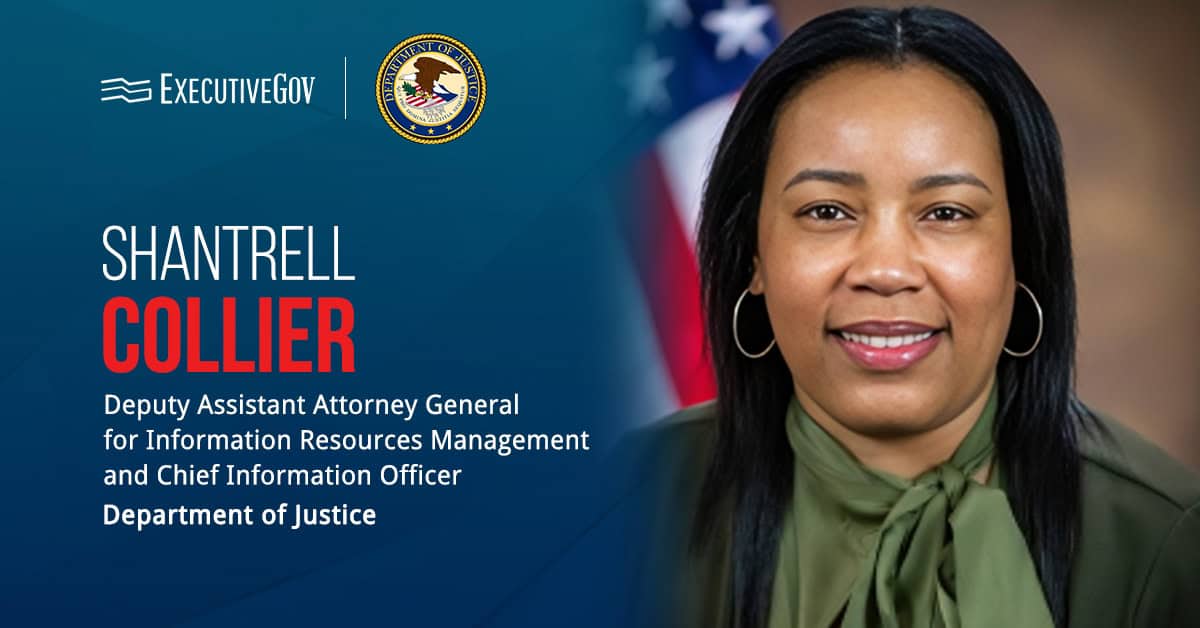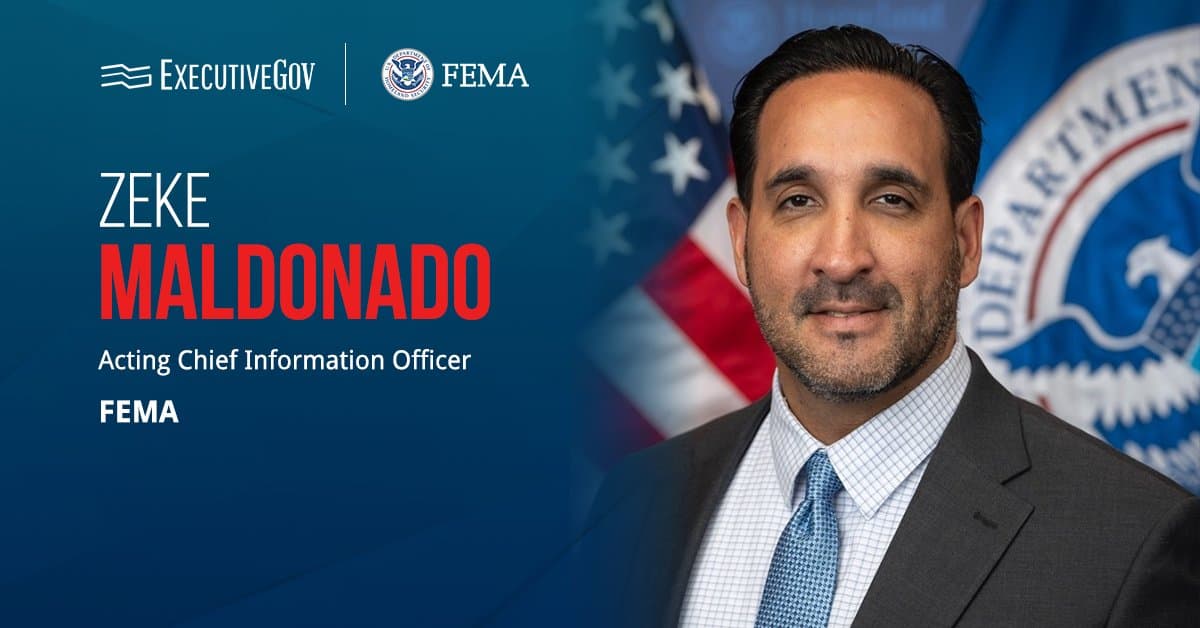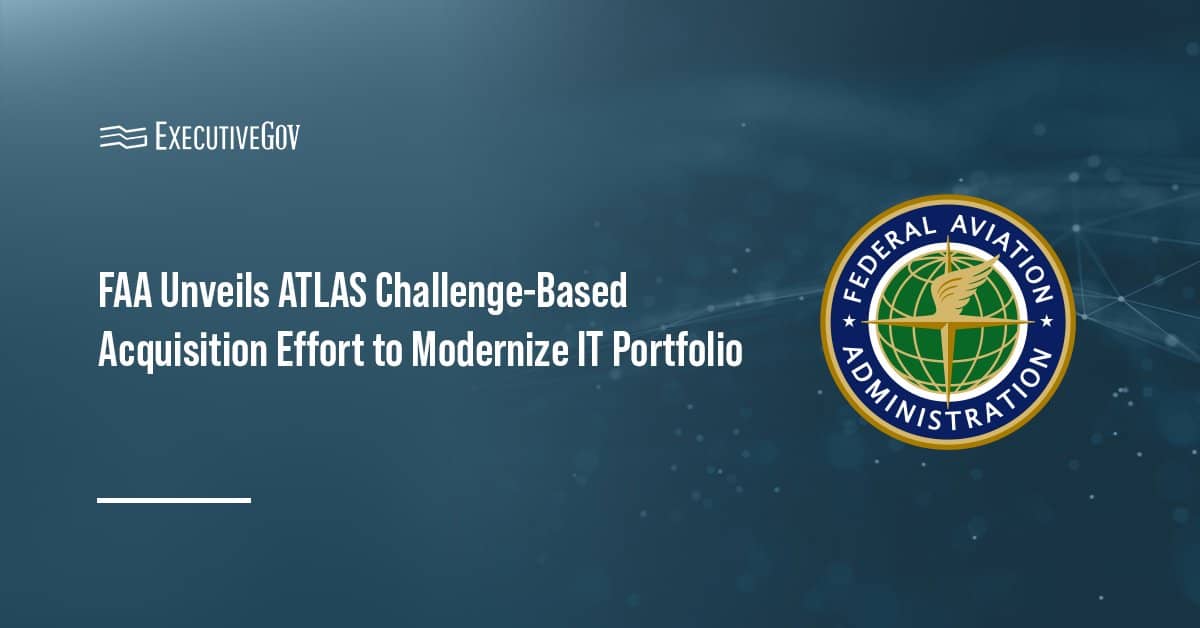
The Department of Energy intends to invest $18 million in research that aims to preserve the availability of lanthanum, neodymium, praseodymium and other rare elements.
DOE said Tuesday that it needs these rare elements to support technology industries that rely on such resources, and in turn, sustain the U.S. economy. These elements allow for the production of magnets, computer components and other industrial technologies.
“By supporting the acceleration of our knowledge of rare earth elements, we can look forward to breakthroughs within our scientific community,” said Paul Dabbar, DOE’s undersecretary for science.
The effort aims to not only boost the availability of these elements, but also reduce the use of these resources and apply more efficient approaches. The investment is part of DOE’s larger set of fiscal 2020 materials sciences and chemistry efforts jointly valued over $158 million.





